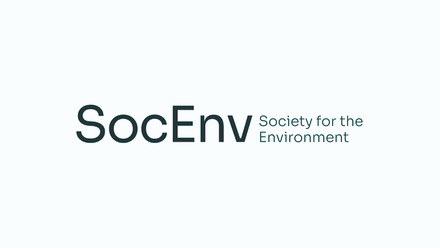Study says EU Extended Producer Responsibility legislation is insufficient
The schemes are reportedly failing on circularity and strategic autonomy, new study reveals.

Zero Waste Europe’s study Designing EPR to Foster the EU’s Competitiveness and Strategic Autonomy analyses 30 years of EPR implementation and proposes a comprehensive framework to transform EPR systems into catalysts for the circular economy transition.
The report also suggests EPR fees are insufficient to significantly influence product design.
Zero Waste Europe (ZWE) is the European network of communities, local leaders, experts and change agents working towards a better use of resources and the elimination of waste in our society.
Issues with transparency of EPR schemes have been highlighted by its network in in Spain and Bulgaria.
Zero Waste Europe suggests EPR must evolve from a waste management financing mechanism to a catalyst for a systemic shift toward resource efficiency and circularity.
The report lays out a two-pillar plan to unlock EPR’s full potential.
- The first pillar focuses on system optimisation, calling for harmonised rules across Member States, greater transparency, the creation of a central registry of producers, and the establishment of a European EPR oversight body to reduce administrative burden, tackle free-riding, and support a functioning single market for producer responsibility.
- The second pillar positions EPR as a circular economy enabler, arguing that EPR fees must go beyond cost-coverage to actively finance waste prevention, reuse, and repair, through dedicated repair funds, reuse infrastructure, and supportive policy measures.
The report’s author and Founder of Zero Waste Europe, Joan Marc Simon, says, ‘We observe what we call the EPR paradox; the systems that were designed to solve a waste problem end up becoming institutional barriers to circularity. We need to go back to the original policy principle of EPR which makes producers responsible for the whole lifecycle of the product, not only the end-of-life.’







